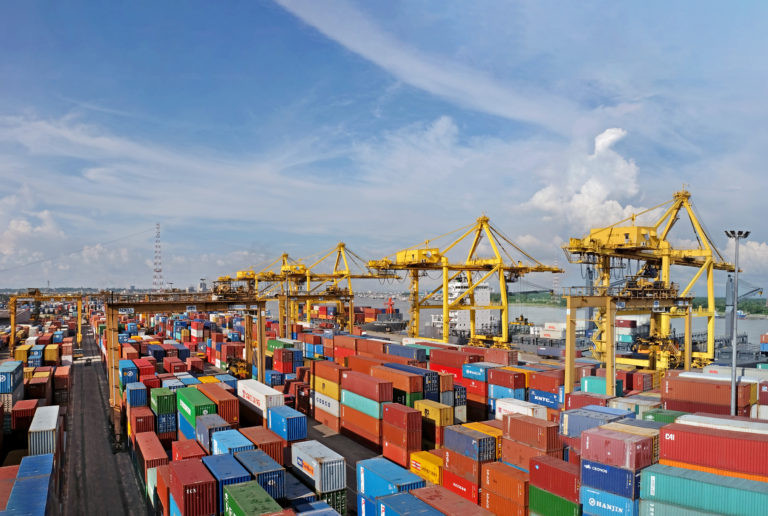Finally, Chittagong Port Authority has withdrawn the value added tax (VAT) on port services for export-oriented industries to help businesses facing downturn amid the global economic crisis.
For the past few months, the Chittagong Port Authority has been collecting VAT at the rate of 15 percent against various charges on the import and export of garment industry’s raw materials. Because the National Board of Revenue (NBR) had granted the provision of 15% VAT on port services for both imported and locally manufactured goods for fully export-oriented industries and factories. They granted it by issuing two separate statutory regulatory orders (SROs) back in 2019 and 2021.

Last year’s Finance Act ended the “zero rate of VAT” on services relating to the ‘transportation of international transport services and supplies relating to loading on and unloading from ships’, from 1 July 2022, after which the chairman of the Chittagong Port Authority had to start collecting 15% VAT on port services – which hit garment exporters hard, they claimed.
Some 45% of containerised goods, mainly raw materials, imported through Chittagong port came under the purview of VAT, raising the cost of exports, mainly garments.
An emergency meeting of senior leaders of BGMEA was held with NBR on October 1 to stop VAT collection. In addition, on October 4, Syed Nazrul Islam, the First Vice President of BGMEA, wrote a letter to Chittagong Customs, Excise and VAT Commissioner Syed Mushfiqur Rahman requesting to stop VAT collection.
The VAT Commissioner wrote a letter to the member of the National Board of Revenue (musak policy) on October 30 seeking guidance in this regard.
Data shows that Chittagong port handled a total of 3.05m teu in 2023, compared with 3.143m in 2022. Some 4,103 ships came to the port last year, around 6% fewer than in 2022.
Inland container depots handled 877,689 teu of containers in 2023, against 983,452 teu in 2022, around 11% less.
(Source: The Load Star)
















